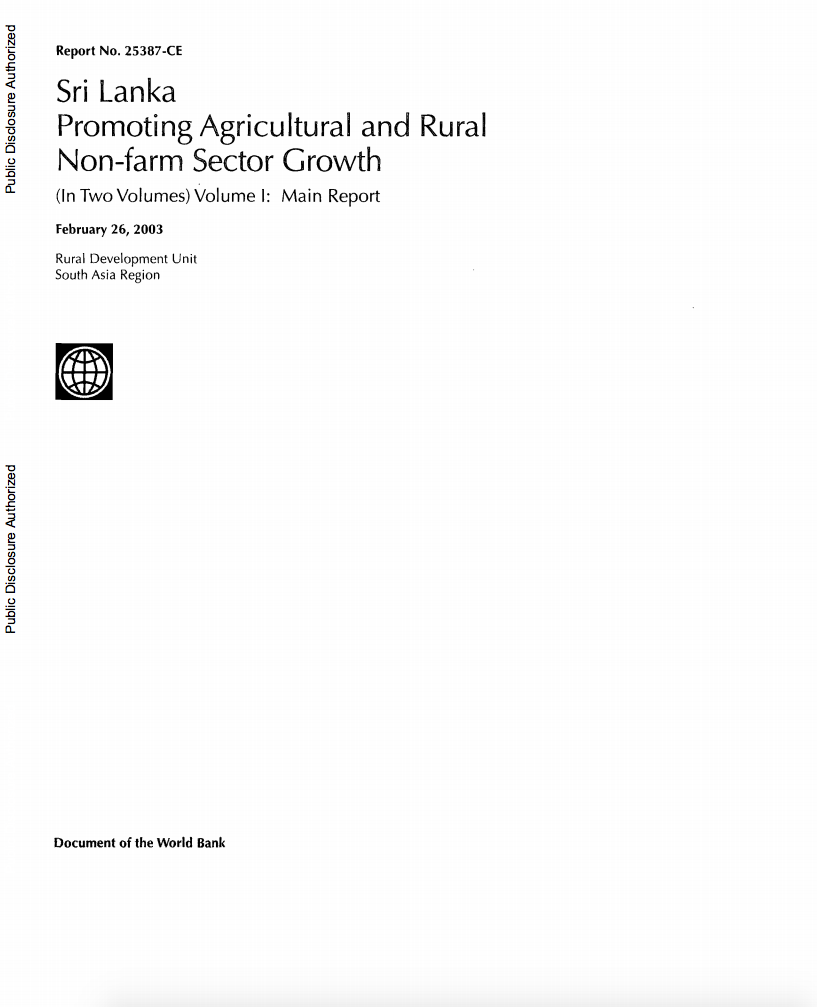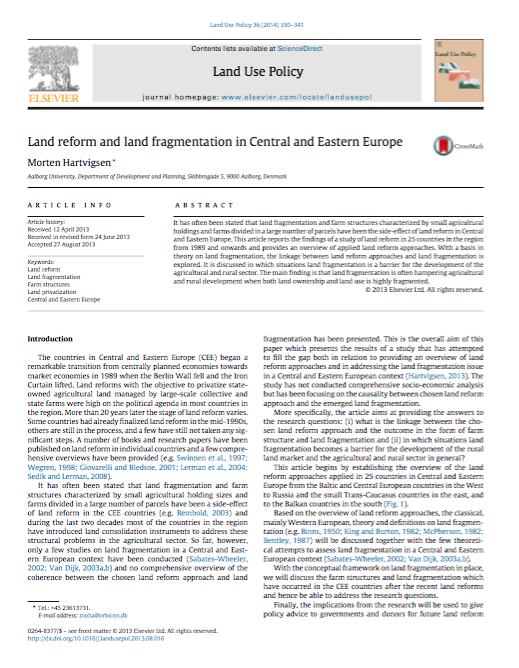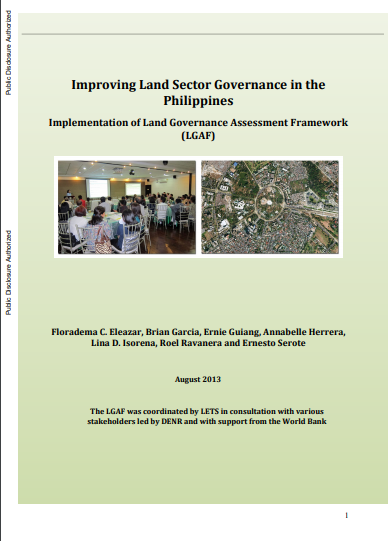Sri Lanka : Promoting Agricultural and Rural Non-farm Sector Growth, Volume 1. Main Report
Economic development has brought about,
the decline in contribution of the agricultural sector to
the economy of Sri Lanka, and, consistent with this economic
transformation, the structure of employment also changed.
Thus, as labor migrates away from agriculture, the
productivity, for those who remain in the land, needs to
increase significantly. This report examines the constraints
to promoting more rapid agricultural, and rural non-farm






